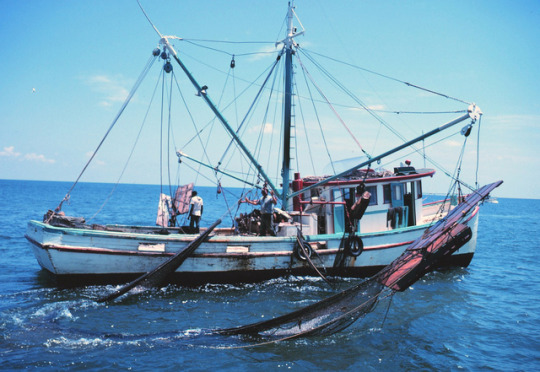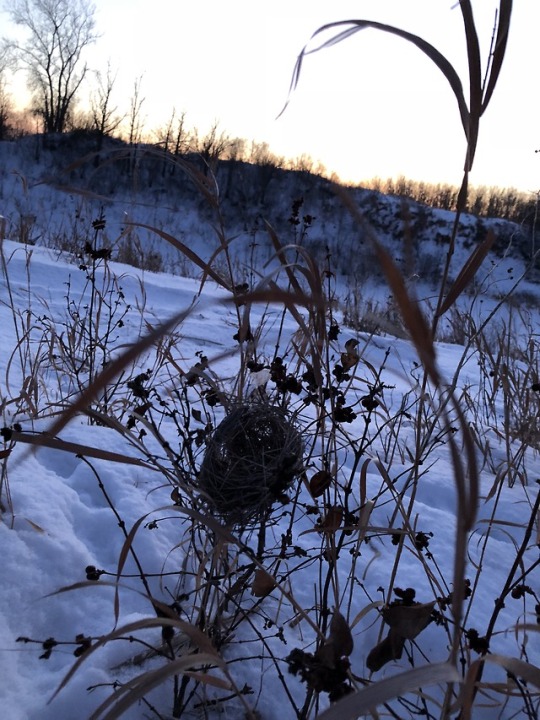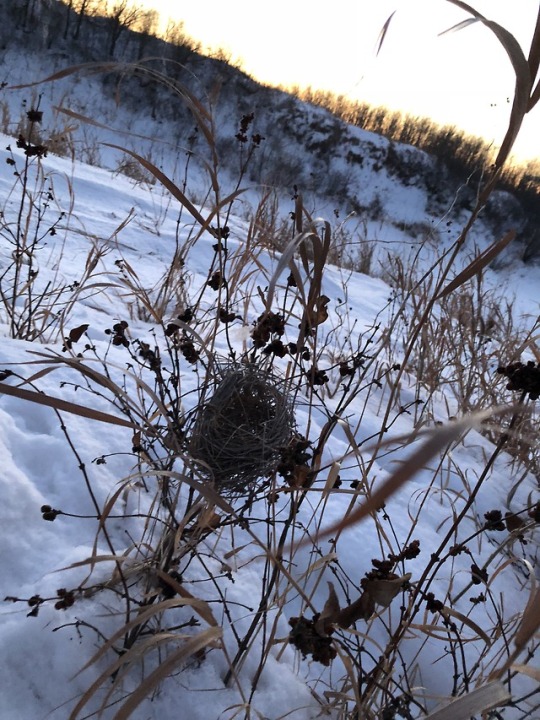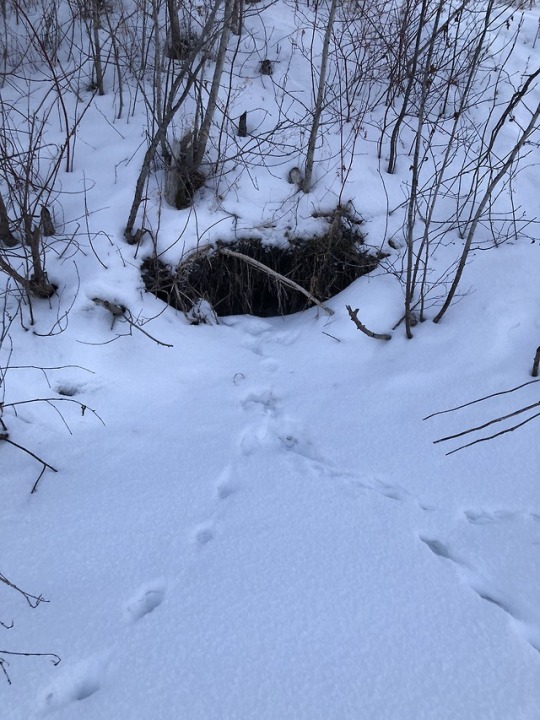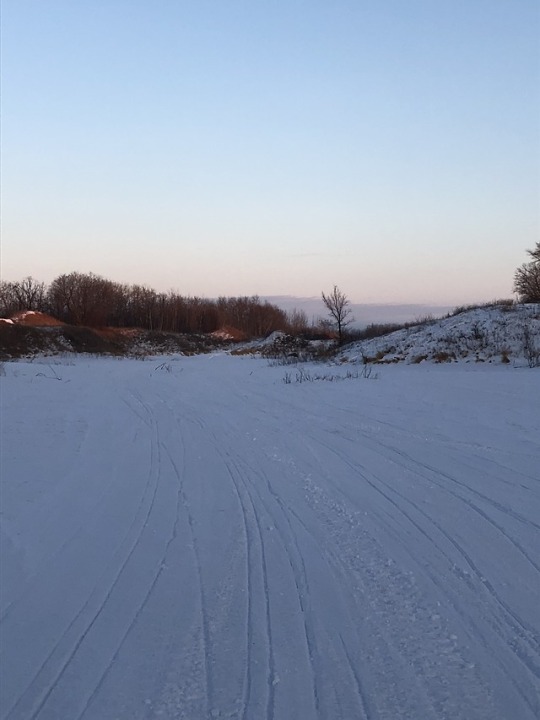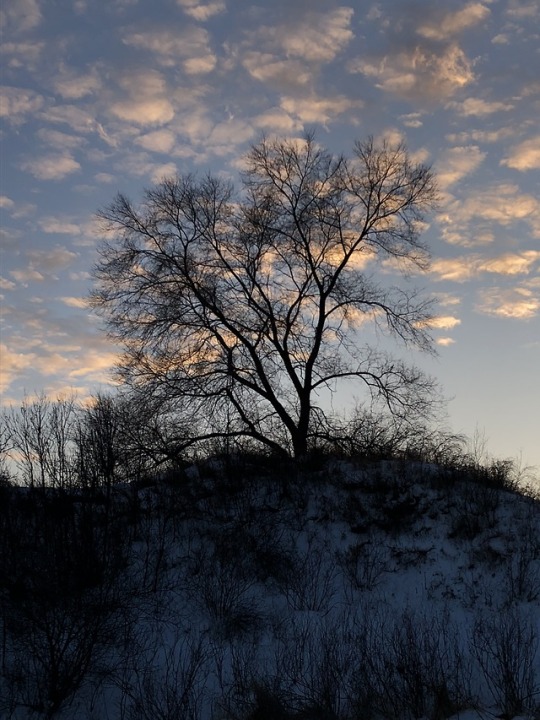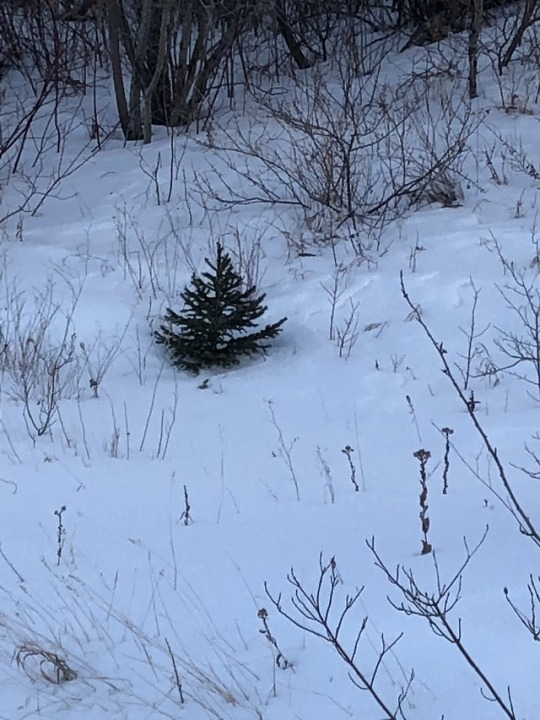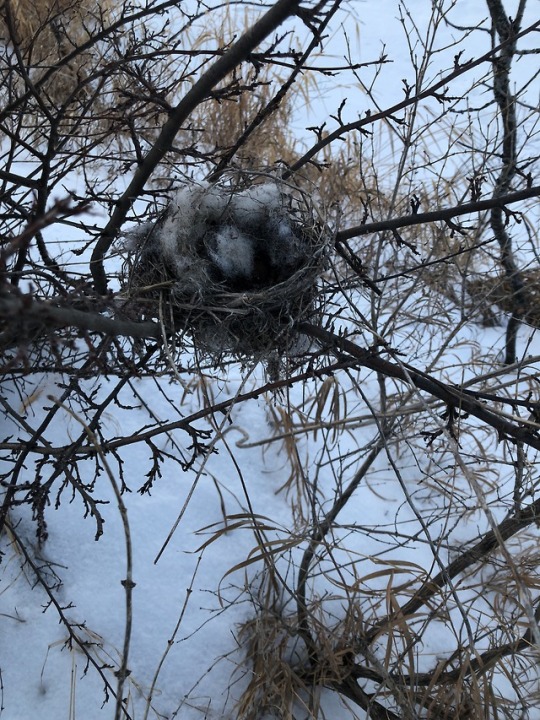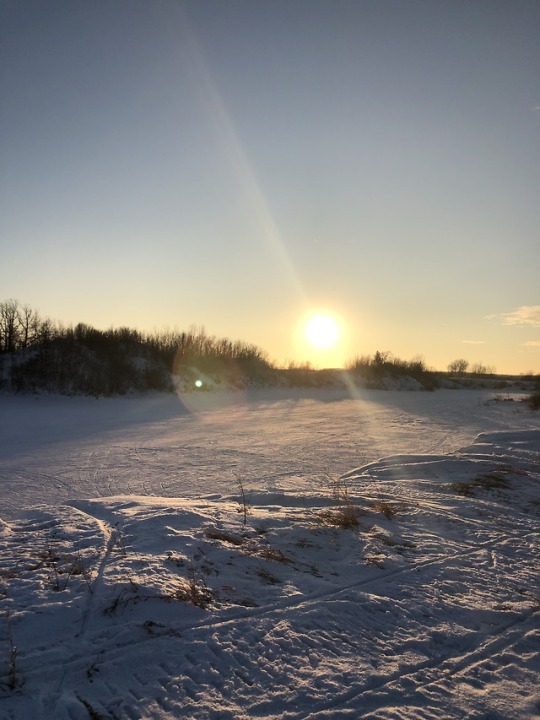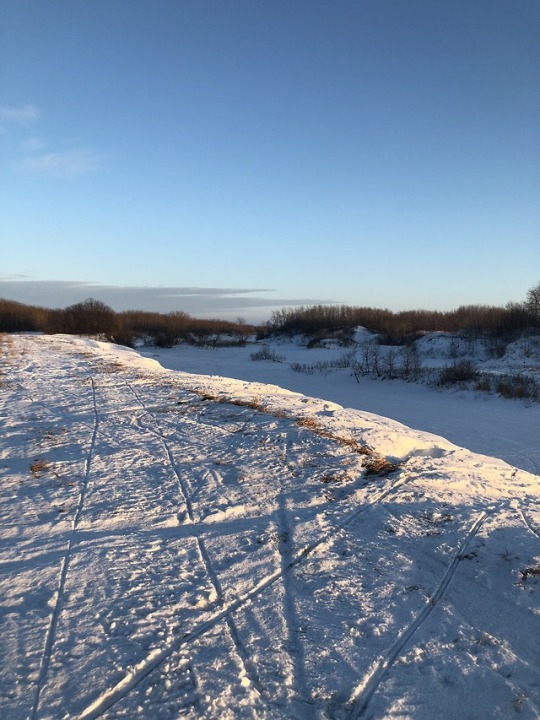Text
Sloww movement
Slow movement
So, for this assignment we were told to listen to a slow movement in the modern world podcast, so I ironically chose the shortest one and here are three challenges and opportunities about this. So, for challenges, the podcast talked about how today as a society we are addicted to our phones, and I myself can agree with that. So, to change that a tour guide was talking about how on his tours its cellphone free. No cellphone no distraction, that would be a challenge for me because I need my phone due to work and school, and also my private life. The second thing he talked about was keeping the phone away from you as you sleep. Doesn’t sound like much to do but it is honestly extremely hard to do once you get into the habit. Finally, he talked about how the best place to go for vacations is out of the cities away from WIFI and cellular data and the challenge with this is right back to the center, the addiction to the phone. However, despite these challenges the benefits are huge, connection back to nature, back to what makes us human. The disconnect from our phones so rather than a weapon of mass distraction, it’s just a tool to help us stay in contact with friends and family. Finally, it will open up new doors because the less time spent on phones can be used to do more creative things like eat and sleep, or do that paper that’s due in a couple of hours, all things can be accomplished if we remove that part of our lives and just break the wheel of control that our phones have over us.
“Welcome to The Slow Revolution, the Podcast That Explores the Pros and Cons of Slowing down in a Fast, Impatient World.” Carl Honore, www.carlhonore.com/unlock-slow/podcasts/.

0 notes
Text
Jack Frost challenge
Jack frost challenge
So I participated in the Jack frost challenge a while ago and I actually, sadly, did not have enough time to participate in any of the activities in that time period, however I was able to walk to Birds Hill on the weekend after. The effect that that little walk had on me was to distress me after a long day at university. Had a paper due the next day so it was a welcome distraction to something I had been procrastinating for a while. I have a feeling that if I did not have that paper due it would have helped, also if it was summer and warm and not cold that would have helped immensely, but we live in Manitoba so just got to live with the weather. Speaking of winter activities, if I had a second chance I would probable would have went with having a bonfire or skiing.
So I checked various household stuff I had like toothpaste and my shampoo just for kicks and I found this about them
Colgate toothpaste: Rating 2-5, Other HIGH concerns: Multiple, additive exposure sources, Contamination concerns, Irritation (skin, eyes, or lungs), Miscellaneous, Occupational hazards, Persistence and bioaccumulation; Other MODERATE concerns: Organ system toxicity (non-reproductive); Other LOW concerns: Enhanced skin absorption, Biochemical or cellular level changes, Cancer, Data gaps, Ecotoxicology, Endocrine disruption, Neurotoxicity
Dove: Rating 2-6, Other HIGH concerns: Irritation (skin, eyes, or lungs), Miscellaneous; Other MODERATE concerns: Cancer, Multiple, additive exposure sources, Contamination concerns, Organ system toxicity (non-reproductive), Occupational hazards, Persistence and bioaccumulation; Other LOW concerns: Enhanced skin absorption, Biochemical or cellular level changes, Data gaps, Ecotoxicology, Endocrine disruption, Neurotoxicity
Now for my purchases in the last week I organized them into three categories based on environmental impacts, social impacts, and local or foreign. The good, the bad, and the ugly.
Because I only bought one thing overall which was a 5lb bag of mandarin oranges the list is very limited, I would rate it as a bad because as they are grown in California they are helping with the drought that is affecting the state at the moment, for social impacts I have no idea what they are talking about so neutral on that, and it’s foreign so bad.
Finally my e waste. Most of my e waste is honestly going to a garbage can and ending up in a landfill. I have no idea where to recycle it and as for future plans in tech, knowing that it will end up in the land fill once I’m done with the product, just makes me want to keep it in the best shape I can for as long as I can and not just buy some cheap products, or quantity, but buy an expensive product or quality. Thus putting the old saying, “quality over quantity” into good use.
0 notes
Text
Zoos
Zoos
I think that in the name of conservation of endangered species, zoos should be used as breeding places for various pars and reserves to keep the population viable so animals don’t die off in our lifetimes. Even though zoos are notorious for having a bad rep in the environmental community, like Calgary with the killing of the wolf to make room for younger, cuter, puppies for no reason other than that. (1) Obviously they could have handled that a lot better, like giving her to a wildlife preserve, instead of just euthanizing her. Despite this as more and more animal populations dip into the endangered spectrum, we will need a place for them to breed. If they can’t be bred in the wild because of poaching, deforestation, pollution, hunting (different from poaching because animal is eaten), and climate change; there will be needed a place for those species to breed and zoos are a good choice, not the only choice, but the more public. If public awareness is raised on how cute something is, the higher the chance we will save it. For an example if you saw a fully-grown wolf staring at you from the back of your yard, your first reaction is probably to call someone to trap/kill/remove it from your property as fast as possible. However, in that same circumstance, if you saw a wolf pup instead, you would probably run outside, carry it in, wrap it in a warm fuzzy blanket, and feed it food. It’s lesser in danger and cuter and that is what the public needs to see, a fuzzy cute pup, rather than something that looks like it’s going to eat you.
For this reason, I think it is totally ethical to keep large animals in zoos so they can mate, produce offspring and continue the line of succession. However, I do realize that in the wild these animals have a larger, much larger home range than the little patch they have in zoos. It would be like living in your tiny cubicle at work for the rest of your life, personally I would go insane after two weeks tops. But if animals are just kept in enclosures solely for profit rather than breeding, a problem will arise. If the animal is too old to mate then they won’t be as profitable for zoos because they aren’t producing offspring, and if they are older they most likely will not be as active. What that means for the little snot-nose twelve-year-old that you brought with you is a disappointed kid, because why should a majestic animal want a rest in its old age after a long life, why should it get to rest, why won’t it move. Say the last sentence in the most sarcastic voice you got and you get the picture. Also, I just want to say that I love going to zoos, usually with my friends or with my family and just observe different wildlife at my convenience. I don’t have to go up to the arctic to see polar bears. All I have to do is drive to the zoo and just watch.
1. Alberts, Elizabeth Claire. “Zoo Reportedly Killed Wolf Just Because They Didn't Want Her Anymore.” The Dodo, The Dodo, 16 Feb. 2018, www.thedodo.com/in-the-wild/calgary-zoo-euthanize-grey-wolf-kali.
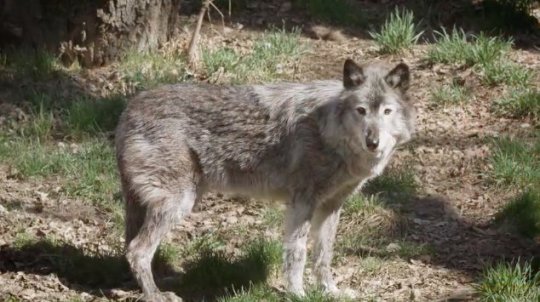
courtesy of the Calgary zoo
0 notes
Text
Oceans
My primary concern for the oceans around the world is mainly the overfishing problem. It is a fact, we are overfishing the oceans at a rate that is beyond its capacity. The film Troubled Waters, is a perfect example of this. In my opinion we are still fishing the oceans as if we only have one community fishing, except everyone is doing it. Say for trawling, it strips the ocean floor of life, stripping its usefulness not just for other companies, but also for the life itself. Basically, a trawler fishing an area is comparable to taking a shovel and shoveling say gold, into mud and chucking it into the garbage. Now what can I do to try to stop this. Honestly, I have no idea, maybe boycott products that have been the product of overfishing, or support any companies that fish in a sustainable style.
0 notes
Photo

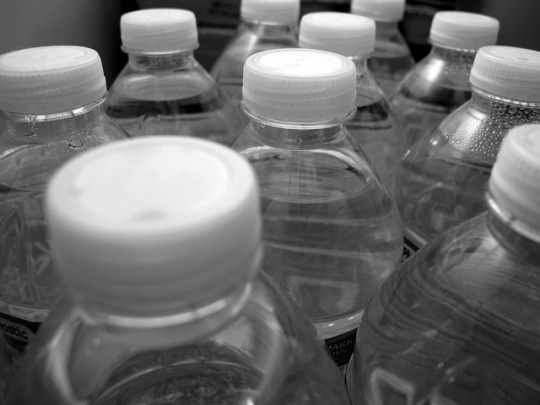
0 notes
Text
Food Systems?
Food systems
Like most living things on the planet we have a food system. With wolves that food system may be whatever is the weakest link in the herd, or for a puppy in our house it’s whatever we give them. The point is everyone has a food system in some way. However, unlike most living things the food we eat can have a major impact on the world around us in a longer lasting sort of way. For example, if that wolf’s kill is a deer, then that deer’s carcass will decompose fairly quickly. But say my plastic bottle that I throw in the trash; That’s a different story altogether. We as consumers have a choice in our food systems. We can make the decision based on cost, equity (free trade, the environment (shockingly enough), taste, and nutrition.
Personally, my food system is based more on how healthy something is, how cheap it is and how it tastes. Because I’m a university student the cost issue is very important to me as most of my money goes towards schooling and books, so buying cheap food is usually a go-to. But because I love to cook, I like buying good tasting food or food that I can make into good tasting food. (I.E. I buy slightly more expensive food, but slightly better-quality food as well so it’s not starting to turn or anything like that.) Those two often come into conflict with each other as the more expensive something gets, it usually is a better quality, or just won’t turn as fast as something that costs a dollar. Nutrition and being healthy is definitely important to me, but it does come into conflict yet again with the cost issue because healthy food is more expensive then unhealthy food. A pizza may cost you about the same as a salad at Safeway. Which one would you choose, the pizza or the salad. You know the pizza will fill you up and give you left overs for the meals to come, but the salad is most likely a one off and so if you’re like me and short on money the cost-efficient way is the pizza.
However, because of University and this awesome climate in Manitoba that only happens during the school terms. The rest of the time I can focus on the healthier option because I am working and there is money coming in. Also during the summer I’m an avid gardener and able to grow my own delicious food at a low price.
The not-so-important-to-me-at-the-moment decisions are definitely the environmental and equity side to it. This is probably not the best thing in the world as I’m looking for a career in environmental sciences but oh well. When I buy stuff, usually food, nothing enters my head about the environmental cost or whether my food is fair trade or not. All I think about is the taste, how healthy it is for me, and the cost of the item. This is twisted thinking, this is where my food system fails. I don’t think about what it took to get that price so low, what the person on the other end of the line had to do to make my mango only cost $1.47. I honestly have no idea. I also have no idea where my plastic bottle goes after I chuck it into a blue bin, does it go into the recycling plant, or does it get thrown in with the trash. I didn’t realize this but many plastics can’t actually be recycled. (1) Chief is a plastic called PVC which is the plastic with the little 3 on the bottom, has too many additives in it, which affects the purity of the plastic, which apparently affects the product. (1) Anyways it’s something to look at and after finding this out I’ve definitely tried to cut myself off of the plastics, a good thing in my opinion.
1. Clark, Josh. “Is What We're Recycling Actually Getting Recycled?” HowStuffWorks Science, HowStuffWorks, 8 Mar. 2018
0 notes
Text
Blog citation
Question #1
“Sustainable Development Goals .:. Sustainable Development Knowledge Platform.” United Nations, United Nations, sustainabledevelopment.un.org/?menu=1300.
“Truth and Reconciliation Commission of Canada (TRC).” Truth and Reconciliation Commission of Canada (TRC), www.trc.ca/.
Question #2
Simard, Suzanne. “How trees talk to each other.” TED: Ideas worth spreading, www.ted.com/talks/suzanne_simard_how_trees_talk_to_each_other/up-next.
Virani, Munir. “Why I love vultures.” TED: Ideas worth spreading, www.ted.com/talks/munir_virani_why_i_love_vultures/up-next.
Question #3
All my own pictures.
Question #4
Same as #3
0 notes
Text
Question #4
4a. Human Environmental Connection
4b. Worldviews
4c. Wild spaces
4a. I think from my own experiences that a sense of wellbeing promotes human connection to nature. It feels good to be outside with the wind in your face and it feels like all that pent-up stress is melting away. However, I think that technology might be promoting a disconnection from nature. Even from my own observations I don’t see as many kids playing outside anymore. A lot, not all, are hooked up to their I phones instead of being outside in nature. The other possible reason is that nature isn’t structured in a certain way. There are no rules like in sports were there are set guidelines that you have to follow, nature isn’t like that, nature is wild and free. I think there could be a danger to disconnecting from nature because what we don’t use we tend to forget about and it stops being important to us. An example in the small scale could be when summer comes along most people stop using their mitts, most of the time (myself included) they get lost but it doesn’t matter because they are not needed at the present point in time. Come winter, those mitts are vital and essential to stay warm but they are lost. If we lose nature then there is no coming back from that and we lose apart of ourselves.
4b. My environmental ethics lies in an ecocentric form of thinking because the ecological stability of the environment that we live in must come first before our wants like the tar sands. Not only that but the environment that we live in must be protected from invasive species that could overturn the ecological balance of the system in a very negative way. Which would affect the native species living in that specific area and could affect humans as well.
4c. I think that parks can meet their dual mandate for protection and access through more tenting sites. As a person that loves camping, especially in a trailer, I know that I have an impact on the environment when I visit a park. However, when I go I a tent that impact is lessened because I don’t need as much area removed of its natural vegetation and I don’t need a hook up for sewer and water/ electrical.
The dual mandate can be achieved in Wapusk by allowing people to hike on certain paths through the park while keeping the park itself a non-camping area.
0 notes
Text
Question #3
Spend an hour outside and describe the location and the time, and the experience.
For my hour of silence enviro action, I went to a gravel pit that was close to my house out near Selkirk. The location itself is about a 2km long pond that during the winter is used by skidoos as a passage way. There are multiple bluffs all along the entire stretch of the gravel pit and it hosts a number of animal life, especially in the summer. When I went it was mid-January, right before sunset. The best part about it though was the sound. Pure blissful silence. No cars, no hustle and bustle of the city life, just me and the environment. It’s funny, and you may laugh at this but the smell of the country air, free of pollution smelled faintly like a moment before a summer shower. At the start of the hour I felt all the stress of everyday life just slowly fading away and a sort of calm settle over me, later on I felt the cold slowly finding its way through my mitts and into my hands and realized that it was time to come in. Out of all the senses, sight was probably the nicest. At the start the sky was beautiful, sunny and blue. As time went on and the sun slowly sank under the horizon the sky started turning pink, to red, to purple, highlighting the mother trees in all their glory, before gradually turning into a lavender colored sky as the sun finally sank below the horizon.
All these things had the effect of calming me and stilling the train of thought inside my head, it gave me a moment of peace, which seems so hard to get these days. It allowed me to get my bearings and just relax and enjoy the things that I love.
0 notes
Text
. Question #2
How did the information in the talks effect how you think about nature?
The information in the talks really effected the way I personally see nature because I never really thought that two-way communications between two different species could actually work. I always thought of other trees as competitors, not cooperators, and certainly not able to distinguish other trees as kin or not kin. The fact that mother trees can single out the saplings that are their kin and not only provide more passageways to them but also to reduce the spread of its roots so that the saplings have a little bit of leg room is absolutely astonishing. Even more astonishing? They can talk to each other! The mother trees don’t just send nutrients, but they also send their “wisdom” so that the younger tree is better suited to the environment it’s in and can be more resilient to oncoming threats. Now the vulture video, that surprised me. I always thought of vultures as merely scavengers, birds that eat already dead animals. I had no idea that they also stopped the spread of disease by up to 3-4x the amount than in places where there were none. I also didn’t realize they stopped the spread of anthrax in the environment. Sadly, I was also ignorant of their decline. I did not realize that 11 species of Old world vultures were critically endangered and on their way to becoming extinct. Animal poisoning and pain killers are slowly but surely decimating the vulture populations driving this endangerment. The similarity between these two videos is that I honestly had no idea how more complex nature is than what I thought it was. In my little bubble I didn’t think trees could talk much less identify kin, I didn’t think that trees could send nutrients to other trees, and I honestly thought that vultures only had one job in the ecosystem. Mother nature throws that curveball and shows us what we think we know is only the tip of the iceberg.
0 notes
Text
Question #1
How does the Truth and Reconciliation in Canada relate to the UN’s Sustainability Development Goals?
The TRC relates to the UN’s goals in many complex ways. The ones that I could see the clearest are life on the land, reduced inequalities, and partnership for the goals. The latter two are interconnected and you can’t have one without the other. The first one also connects heavily with the second especially here in Canada where the only way forward is not to just reconcile the people that we have hurt but also to reconcile the land of that people. This land is made up of our ancestor’s bones and so to reconcile and everything that has happened, there’s a lot of work to be done to maintain that balance is what Mary Deleary, an Anishinaabe Elder, had to say on the matter. The only true way to reconcile Canada’s mistakes in the past is to reconcile with the land and to move forward and to always keep that in mind. The last two are to reduce the inequalities and partnership for the goals. If people do not see themselves on the same level then no partnership can be made. In Canada this would be the survivors and the church/government. As the Elder Dave Courchene asked “When you talk of truth, who’s truth are you talking about?” We can’t pick sides in this if we are to move forward as a sustainable nation, we must accept that there are different sides to the same issue and we must look at them in an unbiased way so as not to keep ourselves from healing.
0 notes
